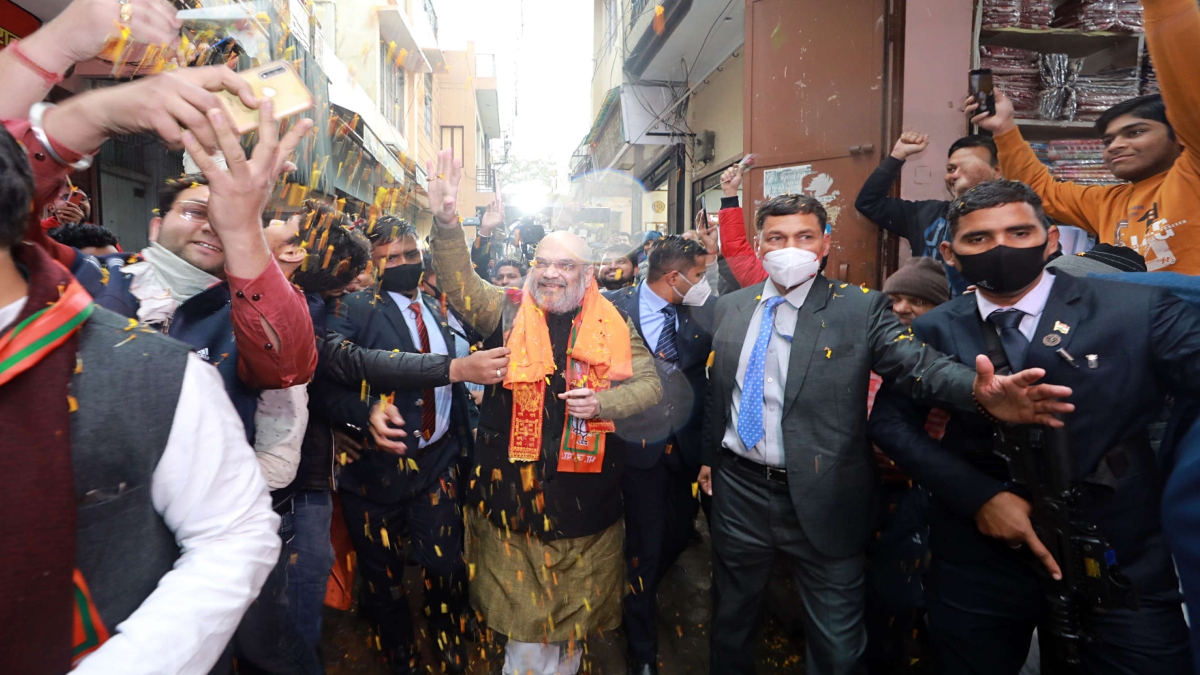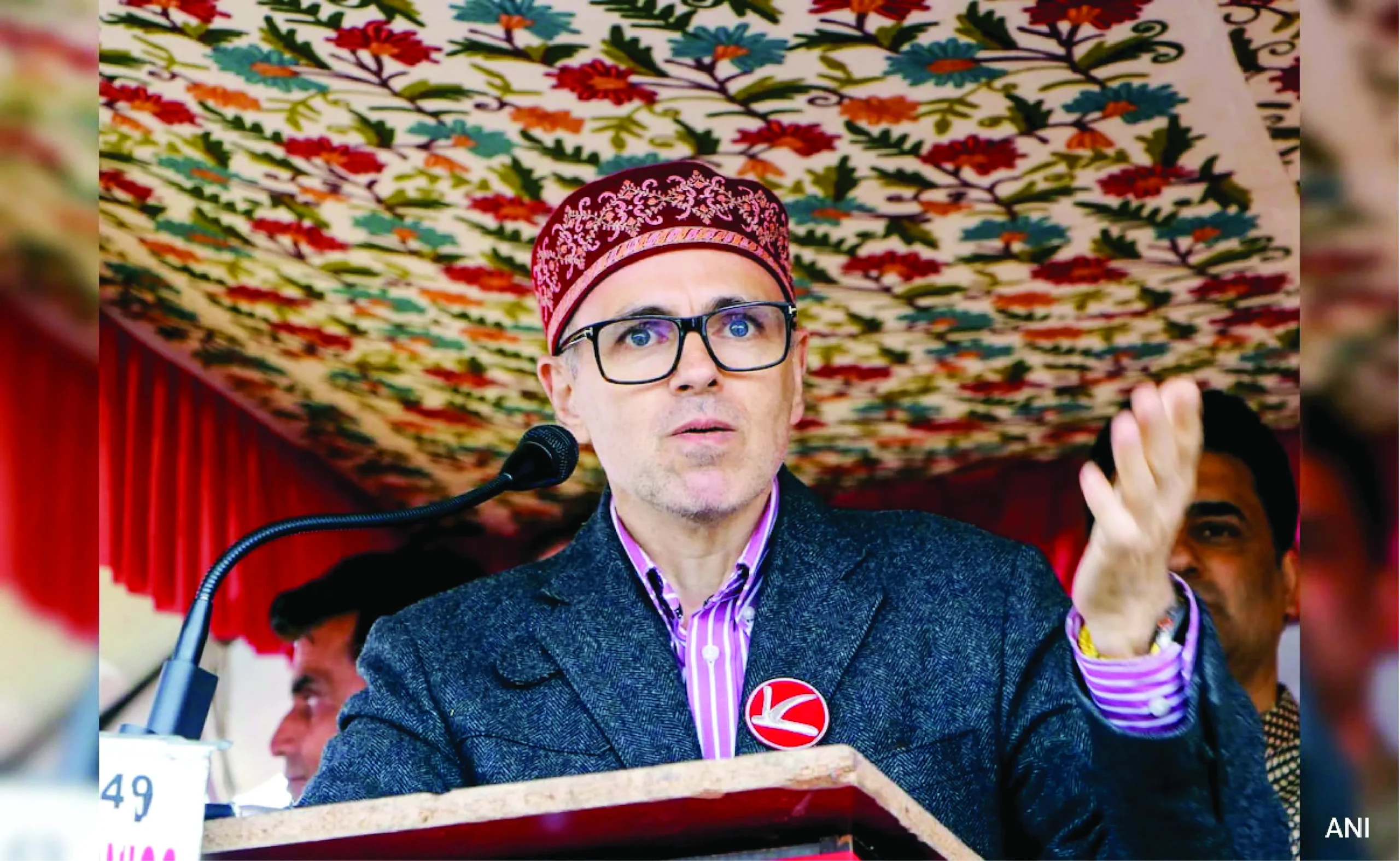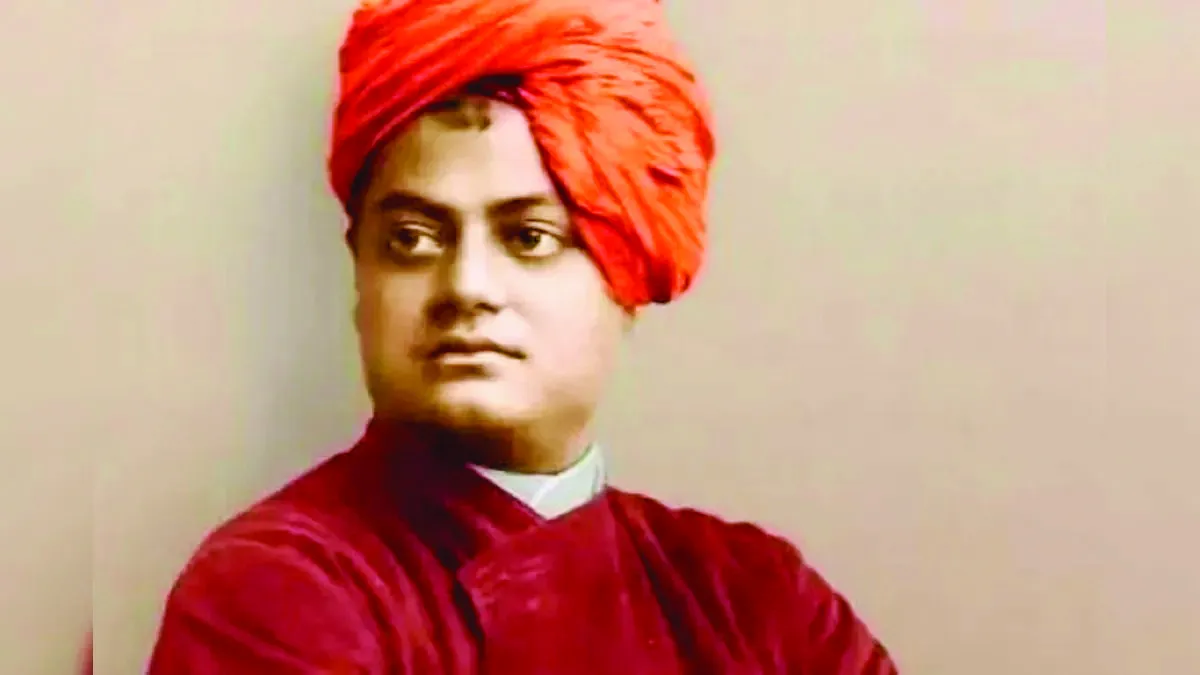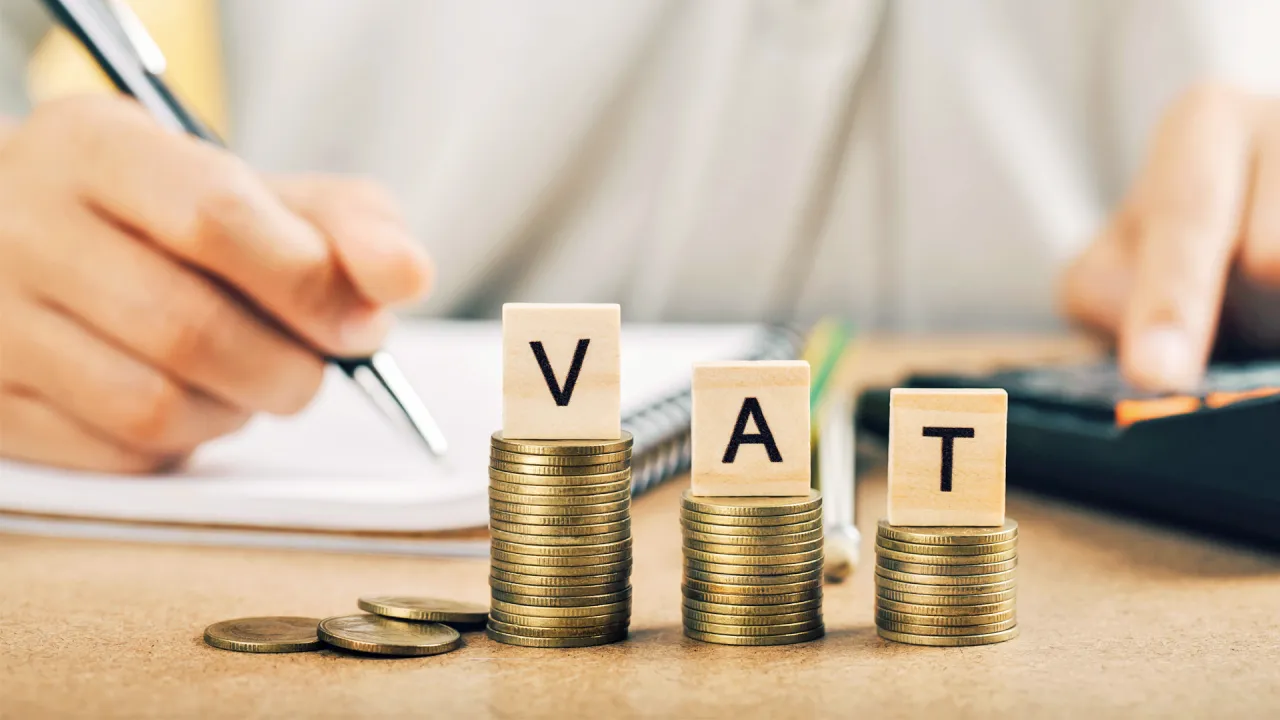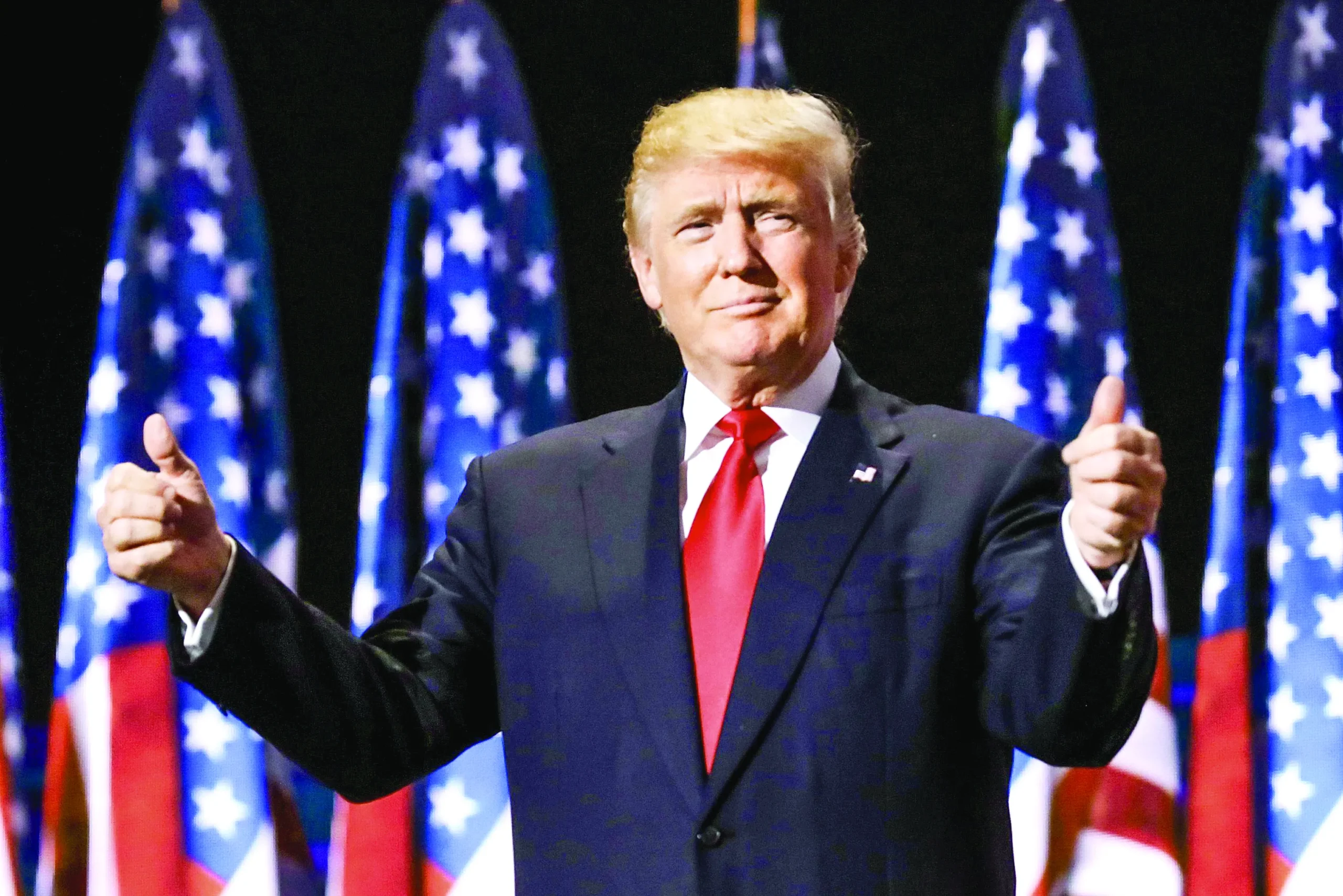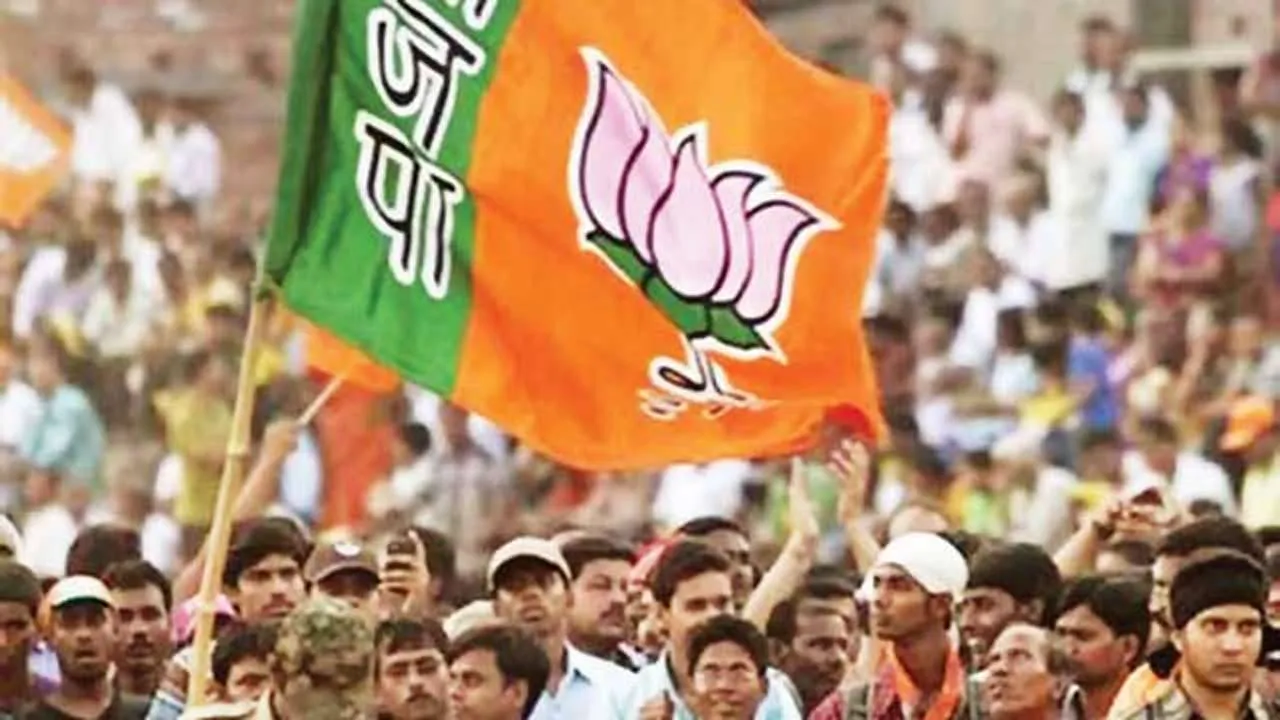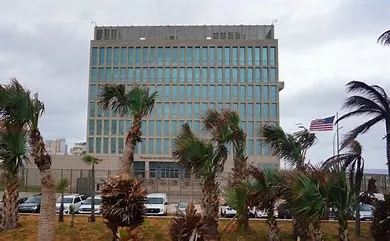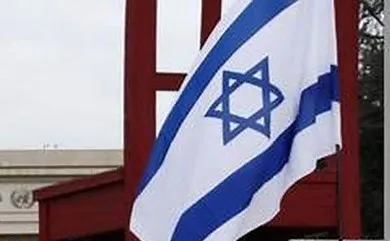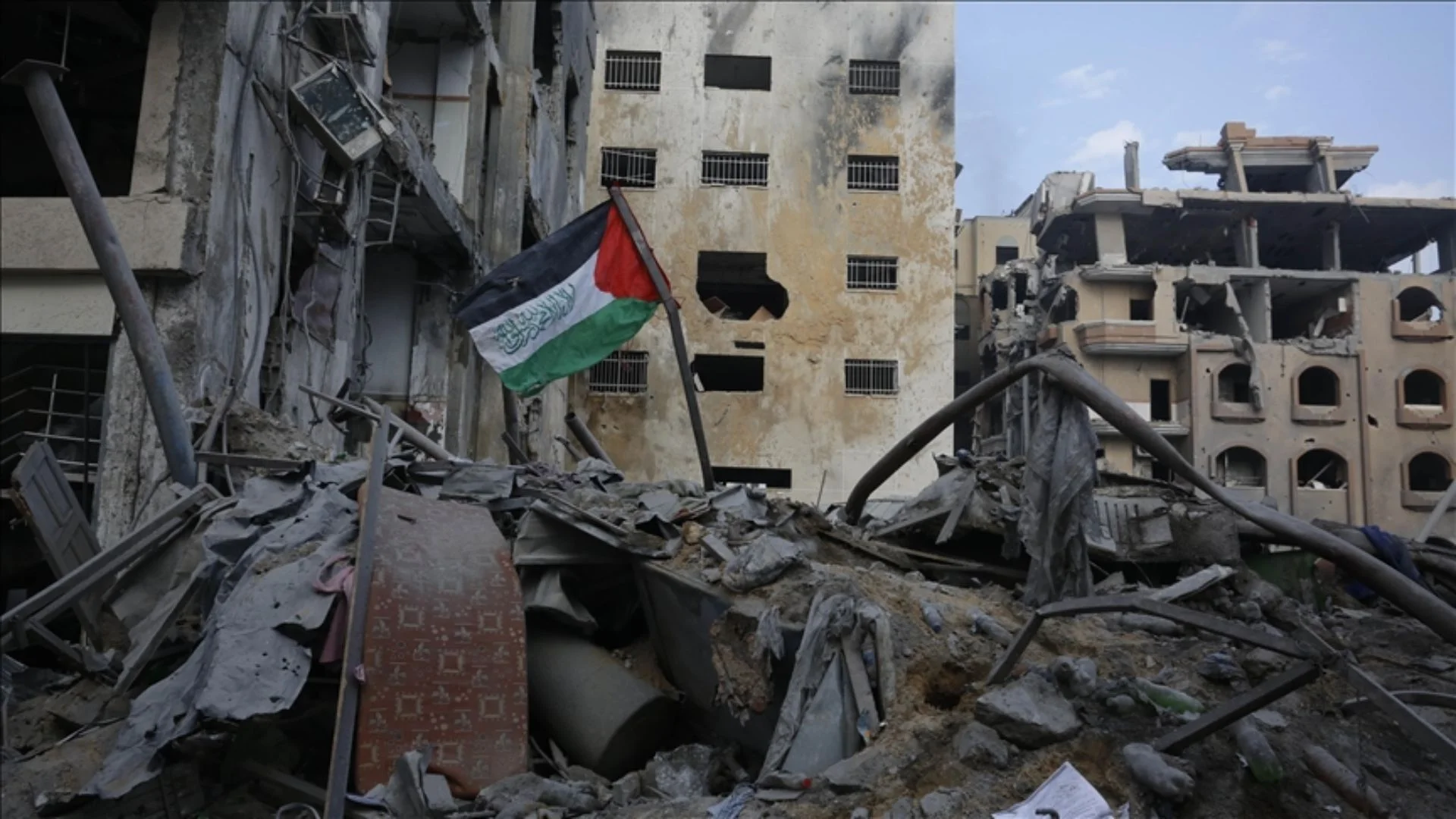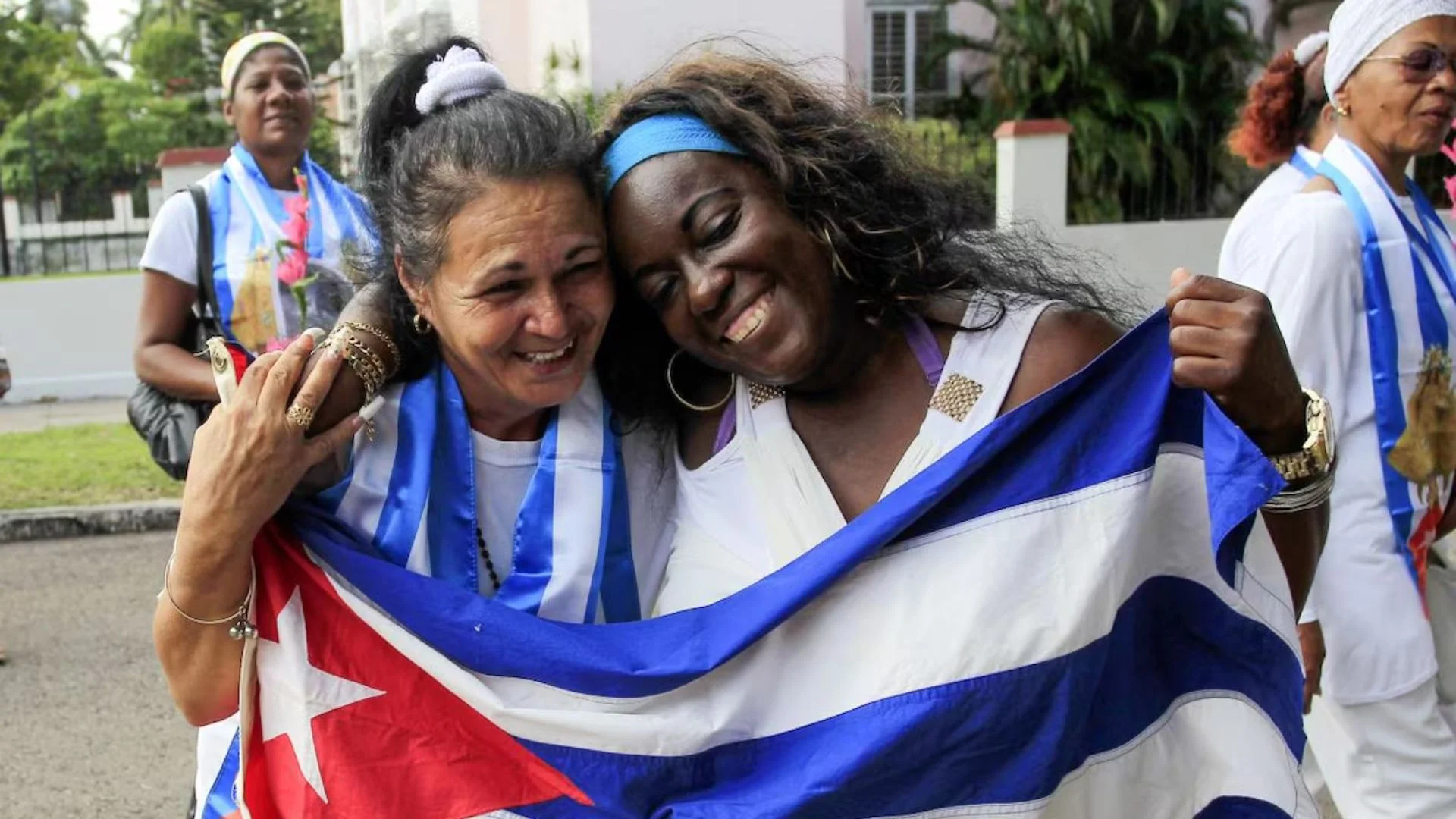The UP Assembly elections scheduled next month are one of the most defining events in the Modi-Shah era of Indian politics. Its outcome would decide how they could continue on their agenda of changing the very political discourse of the country.
Presently, some of the political pundits are elated over some defectors, claiming themselves to be the ‘mai-baps’ of smaller most backward castes (MBC), joining Samajwadi Party. The event is projected as the ‘might’ of the minorities and backward classes forming a ‘real secular’ coalition. In their understanding, this might cause an incurable injury to BJP fortunes in 2024.
These ‘experts’ argue that the caste alliances forged by SP chief Akhilesh Yadav, given his secular credentials, developmental work, firm support of Muslims and farmers’ disenchantment manifested by the long-drawn agitation as well as failure of Yogi Adityanath in managing the pandemic and lacklustre performance of his regime, might make re-election of Yogi difficult.
Religion and caste are the biggest determining factors in the voting preference of people in India, more so in UP. It is a fact that out of political compulsions, BJP uses communal polarisation to woo Hindus while other political parties use appeasement to secure Muslim support.
Congress with 6.3% vote share and BSP with 22.25% in 2017 elections are totally out of the reckoning. In such a scenario, even the die-hard supporters out of compulsion would shift to other political parties than to allow their vote to go waste and/or provide an opportunity to a party which they totally abhor coming to power.
Hindus and Muslims are two major religious groups in UP. Muslims would go to any extent to prevent CM Yogi from securing another 5-year tenure as he has strongly resisted anything was pro-Muslim. They would like to vote for their most trusted party, i.e. Samajwadi Party, to defeat BJP. However, in a particular constituency, if a non-SP candidate is better placed to defeat BJP, they would vote for him. Whereas Hindus, other than the pro-SP Yadavs and the pro-RLD Jats, are also unlikely to support any candidate which would facilitate any SP victory in the state.
Caste wise, 90% Yadavs would vote for SP with only 10% going to BJP. Similarly, despite all the adverse issues, upper castes like Rajputs, Vaishyas, Kshatriyas and a faction of Jats would vote for BJP. For these castes, the “izzat of bahu-beti” (dignity of women) is more important than anything else. The prime motivation for these castes to vote for BJP is the improvement in law and order situation and neutralisation of criminal elements.
One generally hears from the ‘intellectuals’ that Yogi is promoting ‘Thakurwad’ in UP and Brahmins are disenchanted with him and might not vote for him. They argue that Brahmins, who solidly supported BJP, were expecting a Brahmin Chief Minister after the 2017 election and a major share in power. One would like to ask these intellectuals if SP or BSP would nominate a Brahmin as the Chief Minister of UP. Brahmins may be a little disappointed with BJP but are not so foolish to allow UP to revert to its old Wild-West ways. An ordinary Brahmin is also concerned about the “izzat of bahu-beti” and is not going to vote for SP nor would he waste his vote for Congress or BSP. As regards the allegations of indulgence in ‘Thakurwad’, it has no weight as no other caste has any complaint in this regard.
Some political analysts are reading the defection of some ministers and MLAs belonging to MBC and SC and joining SP as a sign of BJP’s OBC and Dalit base cracking and paving the way for SP rule in the state. These individuals left BJP after realising that they would not be renominated. Ask any ordinary person belonging to the Dalit or MBC if he would vote for SP candidate, the answer would be ‘no’ even if he is a Yadav. Dalits and MBCs are generally the victims of Yadav-Jat-Rajput ‘dabangai’ in rural areas and ‘gundai’ of mafias in urban areas. They may criticise Yogi on any other issue but are always appreciative of Yogi for improving the crime situation in the state. It has been BJP’s policy to groom youngsters into leadership role even in the Dalit and MBC communities, and this is the reason that these leaders have been spurned by BJP and forced to leave.
Farmer agitation hardly has any impact anywhere in UP other than in the area of influence of the Baliyan Jat Khap. RLD, which is known to have influence among Jats of western UP, supported the agitation along with all other Opposition parties and is hopeful of performing better this time. The live pictures of the agitation at Ghazipur border shown in the media would show a preponderance of Muslims and Sikhs, though the area hardly has any Sikh farmers. Muslims of western UP are very keen to throw BJP out of power and thus were strong supporters of the farmers agitation and contributed maximum manpower to the blockade at Ghazipur border. The allegation of Khalistani support to the agitation has also been there. Jats, like Yadavs, being land-owning communities compete with the latter and are not enamoured of Yadav rule. A large section of Jats in western UP has become ardent followers of BJP under the influence of Hindutva ideology. RLD is likely to improve its position from 1 to 3. On all the seats where Jat candidates have not been fielded by the RLD-SP combine, Jats would not be voting for the combine but for BJP. Incidentally, farmers of UP are sugarcane growers and have not forgotten how SP left huge sugarcane arrears of farmers unpaid, which were cleared by the Yogi government. Moreover, encouragement to sugarcane farmers by permitting ethanol production is likely to secure Jat votes for BJP.
BJP would be hugely benefitting from the weakened BSP and Congress. While the Muslims supporting them earlier would shift to SP, their Hindu supporters would be moving towards BJP. Jatavs, who are the committed supporters of BSP and dislike BJP, may also shift their vote to BJP to defeat their enemy, i.e. SP.
The direct delivery of benefits like house, gas, electricity etc has won the hearts of the poor, who were always promised big but delivered nothing. Even the so-called allegation of mishandling of the Covid-19 situation has not generated widespread disenchantment with the Yogi government.
In a highly polarised state like UP where most of the contests are going to be bipolar, voters will ultimately decide their vote on their preferred party/candidate and, more importantly, whom they want to keep out from power in all circumstances. On this criteria, those who want to keep SP out far outnumber those who want to see an SP government in the state.
The final tally of Congress is not going to be more than 2, BSP 7, with SP and allies tally being around 60 (+/- 5). BJP would retain its present strength or improve it. For BJP, the polling percentage would be of utmost importance. If polling exceeds 60%, BJP would repeat its previous performance, and if it remains below 51%, BJP would struggle to cross the majority mark.
Rajinder Kumar is a formmer special director of the Intelligence Bureau
Farmer agitation hardly has any impact anywhere in UP other than in the area of influence of the Baliyan Jat Khap. RLD, which is known to have influence among Jats of western UP, supported the agitation along with all other Opposition parties and is hopeful of performing better this time.

